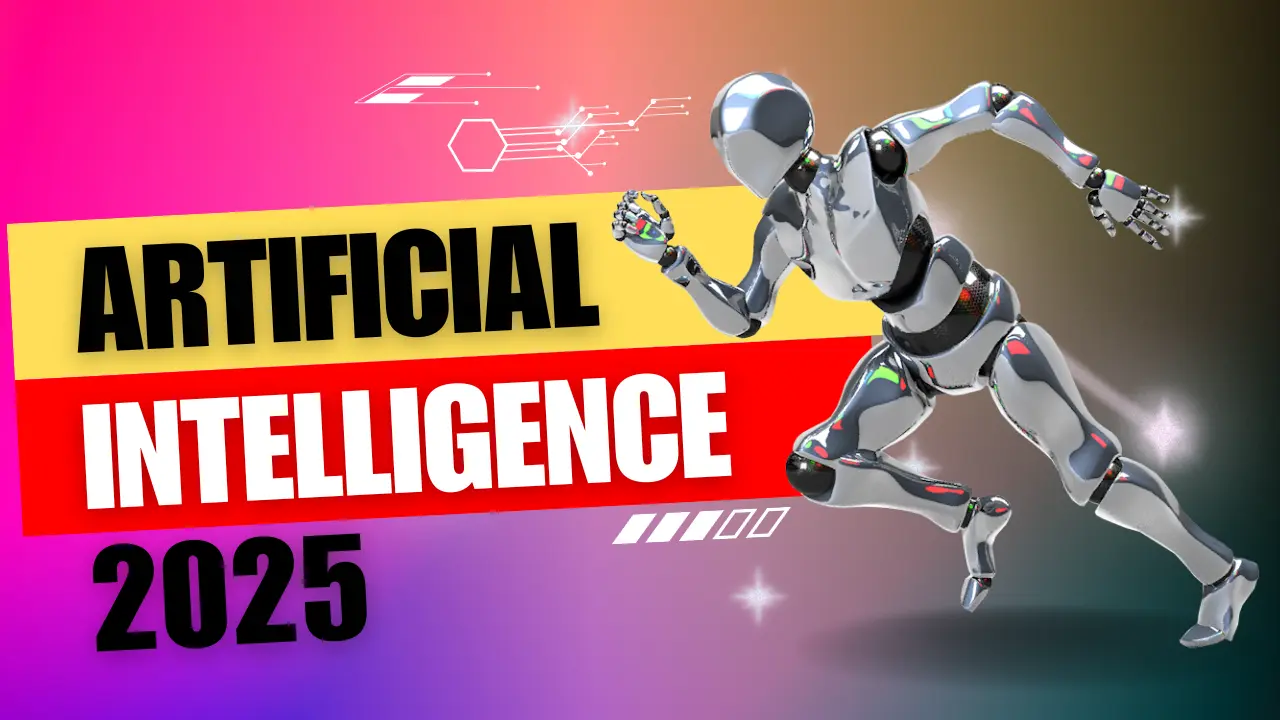28 Dec 2024, 12:29 PM Artificial Intelligence (AI) has rapidly evolved in recent years, becoming a cornerstone of technological advancement. By 2025, AI is expected to redefine industries, reshape global economies, and enhance human capabilities like never before.
The integration of AI into various aspects of daily life will mark a new era of innovation, efficiency, and challenges.
The Expanding Scope of Artificial Intelligence
AI’s applications will continue to expand across sectors such as healthcare, education, manufacturing, and transportation.
In healthcare, AI-driven diagnostic tools and personalized treatment plans will revolutionize patient care.
Predictive algorithms could identify potential health issues before they escalate, saving lives and reducing medical costs. Similarly, AI-powered tools in education will personalize learning experiences, making education more accessible and effective for students worldwide.
The manufacturing sector will benefit from AI’s ability to optimize supply chains, enhance quality control, and enable predictive maintenance, ensuring seamless operations.
In transportation, advancements in autonomous vehicles will redefine mobility, reducing accidents and easing urban congestion.
Artificial Intelligence and Workplace Evolution
The role of AI in reshaping workplaces cannot be overstated. Automation will handle repetitive and mundane tasks, allowing human workers to focus on creative, strategic, and interpersonal roles.
However, this transition also raises concerns about job displacement. Industries and governments must work together to upskill workers and ensure an inclusive transition to AI-driven workplaces.
Ethical and Regulatory Challenges
As artificial intelligence becomes more pervasive, ethical concerns will take center stage.
Issues such as data privacy, algorithmic bias, and transparency will require robust regulatory frameworks. Ensuring that AI is developed and deployed responsibly will be crucial to its long-term success.
The Global Impact of Artificial Intelligence
AI’s influence will extend beyond individual sectors, shaping global economies and societies. Countries investing heavily in AI research and development will likely gain a competitive edge, fostering innovation and economic growth.
At the same time, collaboration between nations will be essential to address shared challenges, such as cybersecurity and climate change, where AI can play a pivotal role.
Artificial intelligence in 2025 will not just be a technological advancement but a transformative force reshaping how the world operates.
As we move toward this AI-driven future, embracing its potential while addressing its challenges will define the next chapter of human progress.





